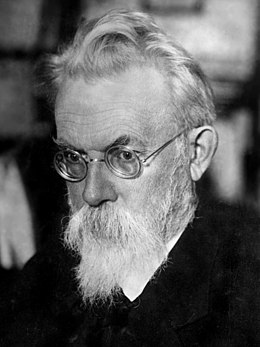
Back كيمياء جغرافية حيوية Arabic Biogeokimya Azerbaijani Биогеохимия Bulgarian Biogeoquímica Catalan Sĕng-ŭk dê-giù-huá-hŏk CDO Biogeokemi Danish Biogeochemie German Βιογεωχημεία Greek Biogeokemio Esperanto Biogeoquímica Spanish
This article needs additional citations for verification. (May 2023) |

Biogeochemistry is the scientific discipline that involves the study of the chemical, physical, geological, and biological processes and reactions that govern the composition of the natural environment (including the biosphere, the cryosphere, the hydrosphere, the pedosphere, the atmosphere, and the lithosphere). In particular, biogeochemistry is the study of biogeochemical cycles, the cycles of chemical elements such as carbon and nitrogen, and their interactions with and incorporation into living things transported through earth scale biological systems in space and time. The field focuses on chemical cycles which are either driven by or influence biological activity. Particular emphasis is placed on the study of carbon, nitrogen, oxygen, sulfur, iron, and phosphorus cycles.[1] Biogeochemistry is a systems science closely related to systems ecology.
- ^ Schlesinger, William H. (2020). Biogeochemistry : an analysis of global change. Emily S. Bernhardt (4th ed.). London. ISBN 978-0-12-814609-5. OCLC 1183905251.
{{cite book}}: CS1 maint: location missing publisher (link)
© MMXXIII Rich X Search. We shall prevail. All rights reserved. Rich X Search